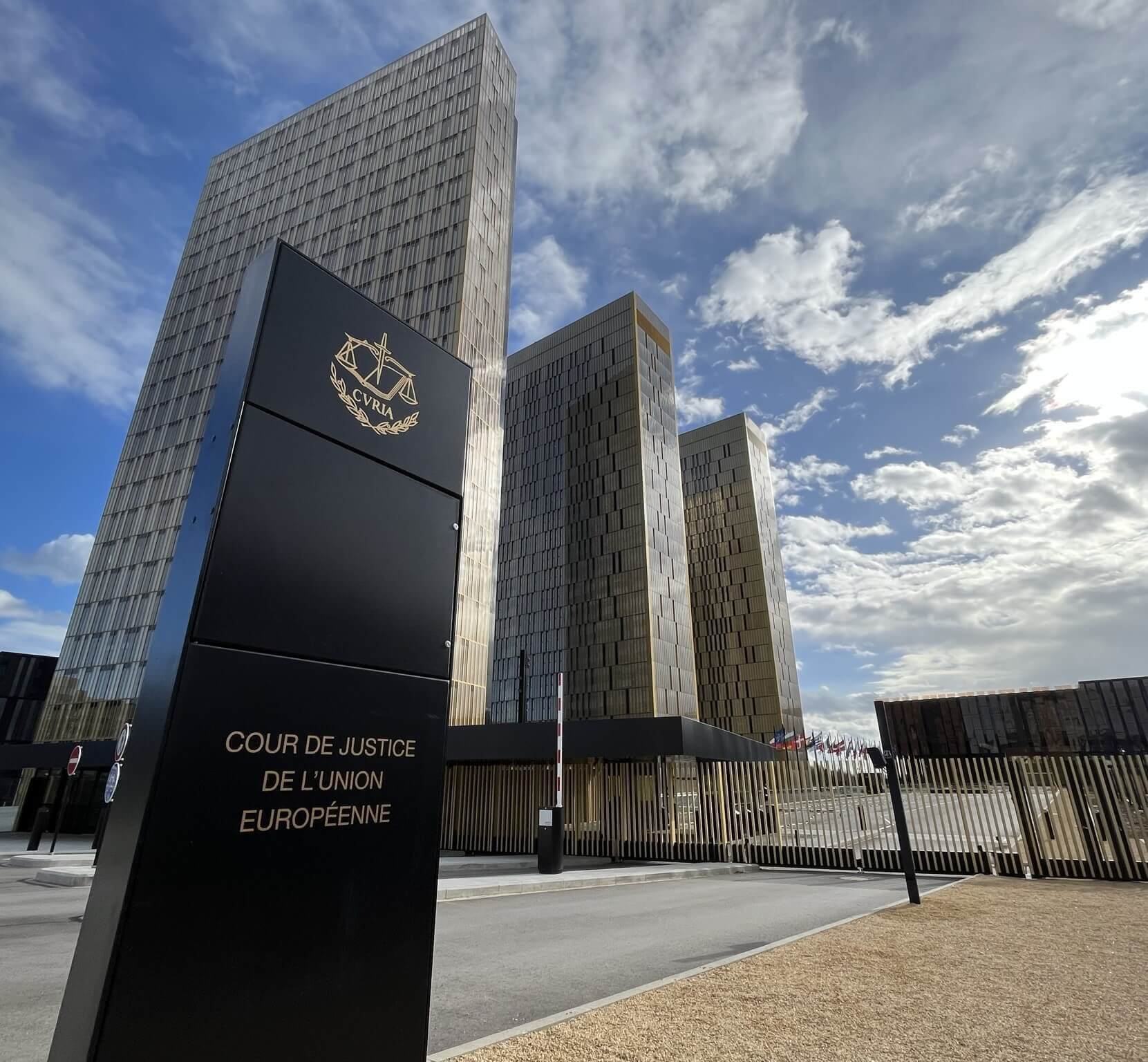The end of the Golden Visa in Portugal is no longer a speculative headline — it is an increasingly realistic scenario following the judgment of the European Court of Justice (ECJ) in Case C‑181/23, delivered on April 29, 2025. The ECJ ruled that Malta’s investor citizenship program, which allowed foreigners to acquire EU nationality through predetermined financial contributions, violates EU law.
This watershed moment has triggered a wave of questions across the bloc: What does this mean for other Member States with investment-based immigration routes? And most pressingly: Is Portugal’s Golden Visa regime at risk?
Divided Opinions:
I. Optimistic Position: Portugal’s Scheme Is Structurally Different
Prominent Portuguese law firms in the private wealth sector have publicly defended the Portuguese Golden Visa regime. Their professionals offered a nuanced but firm rebuttal to any claims of illegality concerning the Portuguese program; their legal arguments being reduced to the following threefold:
1. No Direct Path to Citizenship
Legal experts on the optimistic side emphasise that Portugal’s Golden Visa (ARI) is a residency-by-investment program, not a citizenship-by-investment scheme. Upon qualifying for a Golden Visa, investors are granted a residence permit, not nationality. Only after five years can they apply for naturalisation, and that process is:
- Governed by the general Portuguese nationality law;
- Discretionary, not automatic;
- Conditioned on passing a Portuguese language exam (A2);
- Dependent on no serious criminal record;
- Subject to an additional citizenship processing time of up to two years.
Therefore, according to optimistic experts, there is no immediate link between investment and EU citizenship, which is a key structural difference from the Maltese model.
2. Formal Legal Residency Is Required
Although the physical presence requirement under the Portuguese Golden Visa is modest (7 days per year, or 14 days in two years), it nonetheless constitutes legal residency under national law, backed by biometric registration and legal status.
Optimistic experts argue that formal legal residence, even if limited in duration, is a qualitatively different criterion than Malta’s residency system, which the ECJ described as “essentially symbolic”. Portugal’s system, in their view, upholds a more precise legal separation between investment and naturalisation.
3. The ECJ’s Judgment Is Built on Broad Political Principles
Lastly, optimistic experts note that the ECJ relied on abstract legal principles — the “essence of Union citizenship,” “mutual trust,” and the “principle of loyal cooperation.” These, while powerful, are not black-letter legal prohibitions. Thus, they argue that the ruling does not create an automatic precedent for condemning Portugal’s regime, particularly since it maintains a time and process buffer between investment and nationality.
Optimistic experts conclude with caution but confidence: Portugal’s ARI is not Malta’s program and should not be treated as such.
II. Conservative Position: Form vs Substance
However, other legal analysts and academic commentators have offered a more critical interpretation of the latest ECJ’s jurisprudence. Drawing directly from the ECJ’s ruling to question the Golden Visa’s compatibility with EU law.
Their arguments are grounded in substance over form and can be summarised in the following key concerns:
1. The “Delayed Transaction” Problem
The ECJ’s primary concern, as per today’s jurisprudence, was not just Malta’s immediacy of naturalisation but the absence of a genuine link between the applicant and the country where they seek the corresponding citizenship. The European Court of Justice’s Grand Chamber emphasised that Union citizenship must not be commodified and that granting it based on payments or investments, without a real bond to the national community, undermines its integrity.
Portugal’s model may not grant citizenship on day one, but it allows access to nationality after five years of minimal engagement. Seven days of annual presence over five years amounts to 35 days of contact with the country before naturalisation — hardly the basis for meaningful integration or loyalty.
As such, Portugal’s model could be seen not as citizenship for sale in one step but rather as a deferred transactional route to the same outcome.
2. ECJ Condemned Minimal Physical Presence — Exactly What ARI Requires
In paragraph 108 of its judgment, the ECJ sharply criticised Malta’s reliance on formal “legal residence” that lacked real physical presence or integration. That analysis cuts close to Portugal, where investors can reside outside the country and still qualify.
The ECJ does not require that citizenship be immediate to be problematic. Instead, it focuses on whether the path to citizenship is genuinely linked to integration and presence or merely a formality following investment.
3. Citizenship Cannot Be Disconnected from the Notion of Belonging
According to the ECJ, citizenship of a Member State cannot be treated as a procedural outcome of formal eligibility. It must reflect a special bond of solidarity and loyalty grounded in actual belonging, including linguistic, cultural, and territorial ties.
While Portugal’s language requirement is a step in this direction, it alone cannot substitute for proper integration. If presence remains symbolic and optional, the current Portuguese Golden Visa risks violating the same structural logic that led the ECJ’s judges to strike down Malta’s program.
III. Irrevocability of Portuguese Citizenship
It is also important to mention that Portuguese nationality law does not permit the revocation of citizenship once granted, except in cases of proven fraud or falsified documentation or at the citizen’s request.
The abovementioned principle is enshrined in the Portuguese Nationality Law (Lei n.º 37/81), and reflects a firm legal commitment to the security of acquired rights and the protection of individual legal certainty.
This has two significant consequences. First, should the European Commission conclude that Portugal’s Golden Visa constitutes an unlawful gateway to EU citizenship, as it did in Malta’s case, Portugal will have to reform the regime, but not to strip citizenship already granted under valid national procedures retroactively. Second, this places an even higher burden on Portuguese lawmakers and institutions to ensure that the path to citizenship is compliant before it is granted, not after. Once naturalised, an individual’s EU rights are effectively locked in, limiting the State’s capacity to correct course retroactively.
IV. The Conservative View: Portugal Must Reform or Face Scrutiny
Considering both perspectives, the prudent position is clear: Portugal’s Golden Visa regime is not immune to EU-level legal challenges.
Yes, there are formal differences between the Portuguese and Maltese models. But the substantive concern — that citizenship is acquired without sufficient connection to the country — still applies. The ECJ’s logic casts a long shadow over any pathway to nationality based predominantly on economic capacity rather than integration and residency.
This means Portugal must be proactive:
- The residency requirement must be reassessed.
- The naturalisation process should involve clear, verifiable social and cultural integration indicators.
- The political argument that investment alone justifies access to EU citizenship is no longer tenable.
Whether this leads to a complete end of the Golden Visa in Portugal or a significant program reform remains to be seen. But the pressure is mounting — from EU institutions, jurisprudence, and public perception.
MCS Will Monitor the Evolution
This article presents a theoretical legal analysis of the ECJ judgment, its potential implications for the future, and the possible end of the Golden Visa in Portugal. It does not constitute legal advice.
At Madeira Corporate Services (MCS), we are closely monitoring:
- The European Commission’s possible enforcement actions;
- Any formal response or reform by the Portuguese Government;
- Ongoing developments in EU citizenship law and immigration policy.
This article is provided for informational and academic purposes only and does not constitute legal advice, legal opinion, or a substitute for individual consultation with a qualified lawyer. The content herein is based on a theoretical analysis of recent jurisprudence from the Court of Justice of the European Union (ECJ) and its potential implications on national legal frameworks, including Portugal’s Golden Visa (ARI) regime.
The views expressed do not reflect any official position of Portuguese courts or public authorities. They should not be interpreted as predicting the outcome of any judicial decision, administrative procedure, or legislative reform in Portugal or at the EU level.
Given the evolving nature of immigration and nationality law — and the possibility of future legal or policy developments — any person considering the Portuguese Golden Visa as a pathway to citizenship must seek tailored legal advice from a licensed professional, each case is unique and should be assessed individually in light of the most current and applicable legal framework at the time of application.
For professional guidance on the potential end of the Golden Visa in Portugal, we encourage readers to contact the Madeira Corporate Services (MCS) legal team.
The founding of Madeira Corporate Services dates back to 1996. MCS started as a corporate service provider in the Madeira International Business Center and rapidly became a leading management company… Read more




